Understanding the ECO4 Scheme: A Britain’s Path to Energy Independence
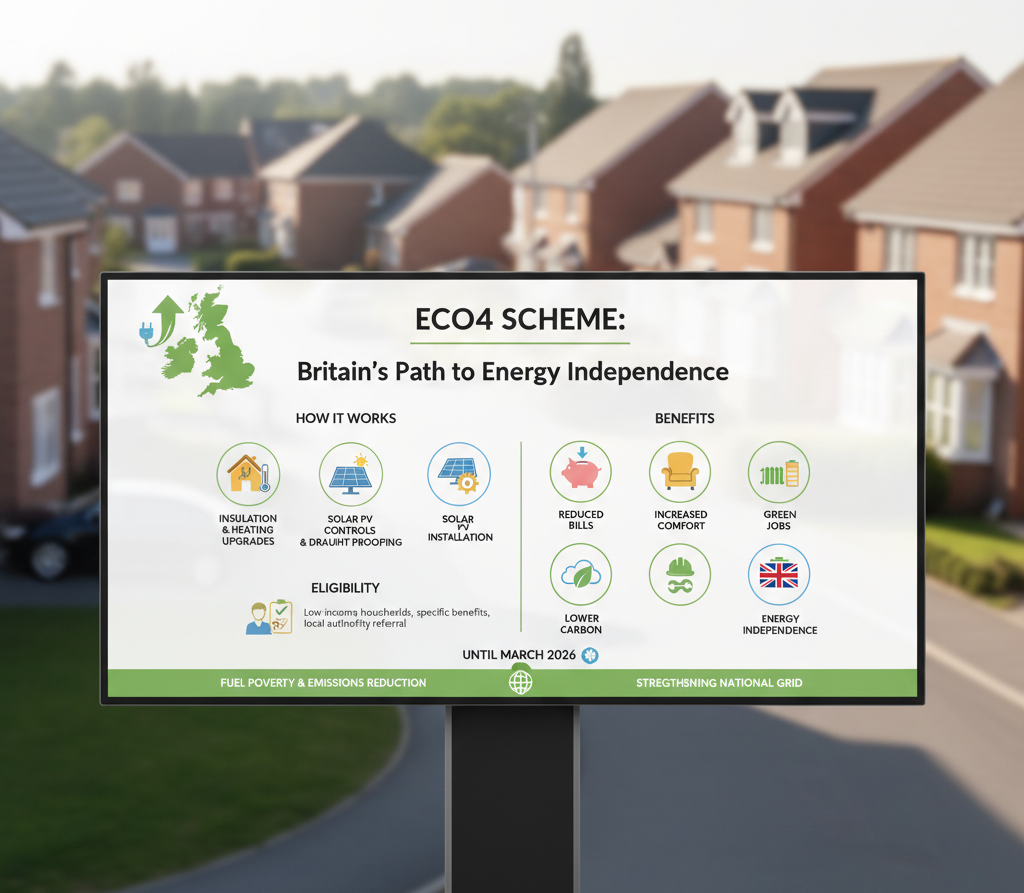
The Energy Company Obligation (ECO) has been one of Britain’s most ambitious energy efficiency schemes since its launch in 2013, placing legal obligations on larger energy suppliers to improve the nation’s housing stock. Drawing on my experience working closely with energy efficiency measures across Great Britain, I have seen the positive impact this framework has delivered in helping households reduce energy use and costs. The latest phase, the ECO4 Scheme, introduced in 2022 and running until 2026, demonstrates the UK Government’s continued commitment to tackling rising energy bills and addressing climate change through sustainable, long-term solutions.
By securing these upgrades, you protect yourself against rising energy prices and enjoy long-term savings, with energy suppliers required to provide the measures for vulnerable households as long as the property qualifiesmaking it possible for the installation to go ahead without any cost to you.
ECO4 Eligibility: Who Can Access This Life-Changing Grant?
Your property must have an Energy Performance Certificate (EPC) rating of D or lower. From my experience helping families through energy efficiency programs, I’ve seen how this simple condition can unlock life-changing home improvements. Both homeowners and private renters can apply, with the most straightforward route being the Benefits Pathway. The scheme recognises that low-income households bear the greatest pressure from high energy costs, which is why recipients of Universal Credit, Housing Benefit, Income Support, Child Tax Credit (CTC), Jobseeker’s Allowance (JSA), Employment and Support Allowance (ESA), Pension Guarantee Credit, Working Tax Credit (WTC), Warm Home Discount Rebate, and Pension Saving Credit are given priority access.The scheme also takes health factors into account, recognizing households with people aged 65 and over, babies, or young children as particularly vulnerable, along with those struggling with debt or mental health conditions.
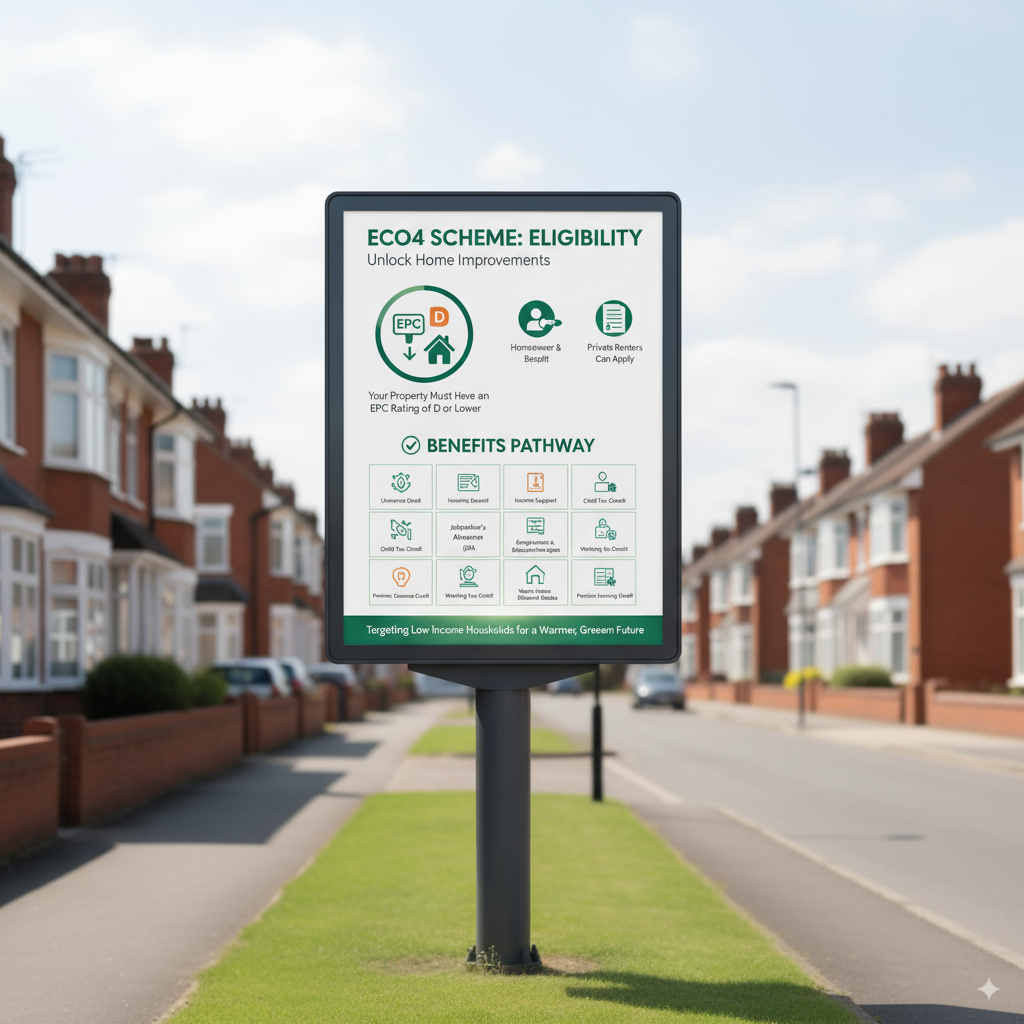
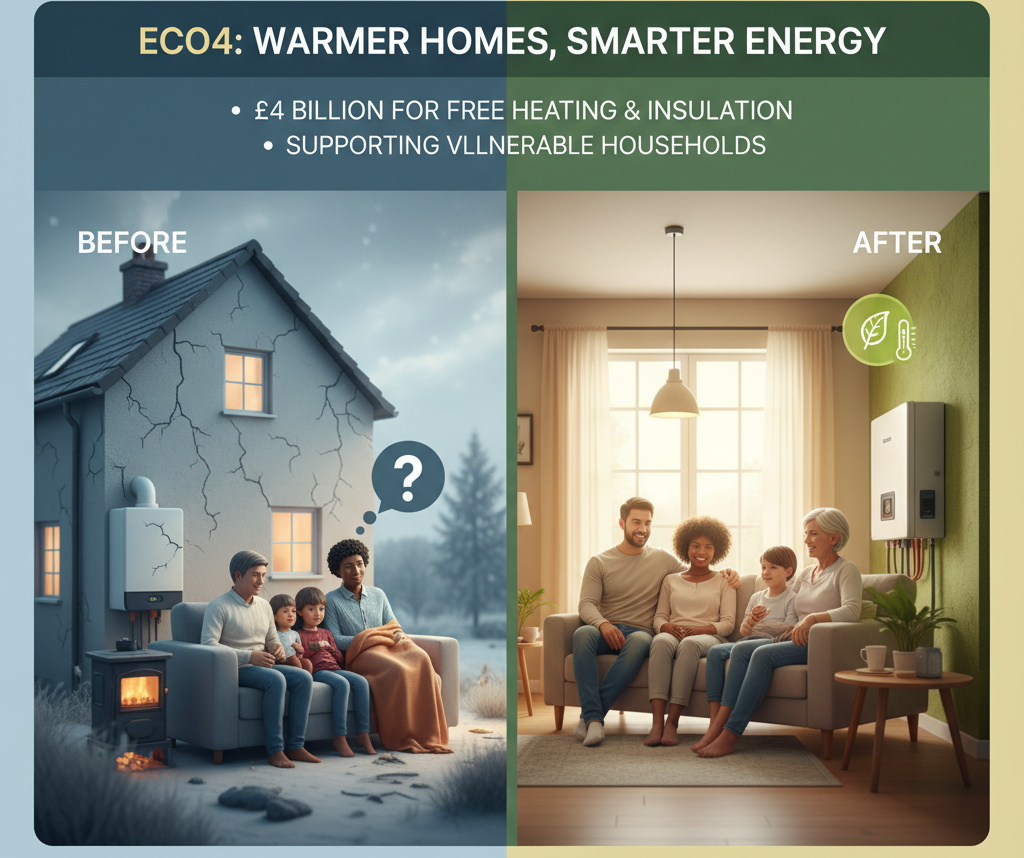
ECO4 is more than just help for individual households – it’s also a key part of the UK’s plan for energy suppliers to reach 100% carbon neutrality. Run in partnership with Ofgem, the scheme supports the country’s push toward Net Zero by 2050. Its aim is to upgrade thousands of homes with better insulation and heating, cutting both energy bills and carbon emissions while improving energy security. With a target of 600,000 homes, ECO4 is a major investment in reducing Britain’s carbon footprint, and properties must meet the Energy Performance Certificate (EPC) standards set since 2012.
What many people don’t realize is that the ECO4 funding grant goes beyond traditional benefit recipients through the Local Authority Flex Route, which supports households with a total income of £31,000 or less. This flexible pathway allows local authorities to publish a statement of intent with additional eligibility criteria, making sure assistance reaches those who need it most. I’ve worked with families where a household member qualified due to a medical condition that made them vulnerable to cold, such as cardiovascular disease, respiratory illness, mobility limitations, or being immunosuppressed.
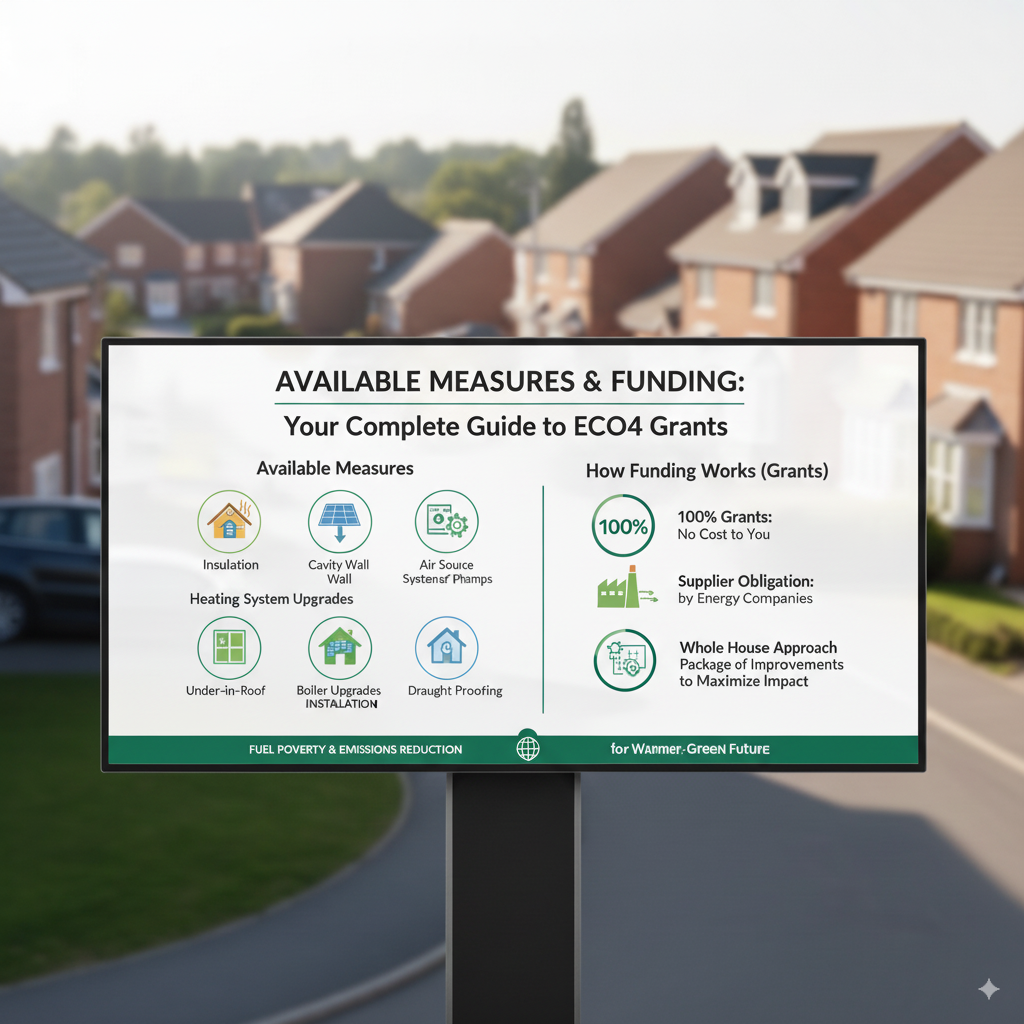
The advantages go well beyond immediate cost savings—these heating and insulation upgrades improve overall comfort by eliminating drafts and reducing heat loss, creating warmer and more pleasant living spaces. Recipients can expect lower energy bills through greater efficiency and reduced heating costs, offering long-term protection against rising energy prices. For households living in inefficient homes, the grants are valuable, covering 100% of the upgrade costs. Energy suppliers are obligated to provide these improvements for vulnerable households that meet the eligibility criteria—meaning you won’t have to pay anything for these life-changing upgrades.
What makes this UK government initiative stand out is its generous level of support—the £4 billion funding pool allows eligible applicants to receive between £7,000 and over £20,000 worth of fully funded improvements. From my experience working with OVO Energy and other providers, the range of options available is impressive: air source heat pumps paired with solar panels, electric storage heater upgrades combined with solar panels, and comprehensive insulation measures such as roof and underfloor insulation. Every grant also includes a mandatory ventilation assessment and installation to ensure homes remain healthy and efficient. The scheme covers everything from upgrading non-condensing boilers to replacing inefficient storage heaters with high heat retention models.
ECO4 Measures and Funding: Transform Your Home with Completely Free Energy Solutions
The ECO Scheme is transforming home energy efficiency through its ‘whole-house’ approach, which improves the overall performance of the UK housing stock by ensuring properties meet insulation standards while integrating energy-efficient heating systems. From my experience working alongside energy company partners, I’ve seen them fund a wide range of impactful measures including internal wall insulation, cavity wall insulation, room-in-roof insulation, loft insulation, advanced air source heat pumps, gas central heating, heating controls, and Solar PV systems. The scope of heating improvements goes well beyond simple upgrades—WintakHomes provides comprehensive insulation solutions
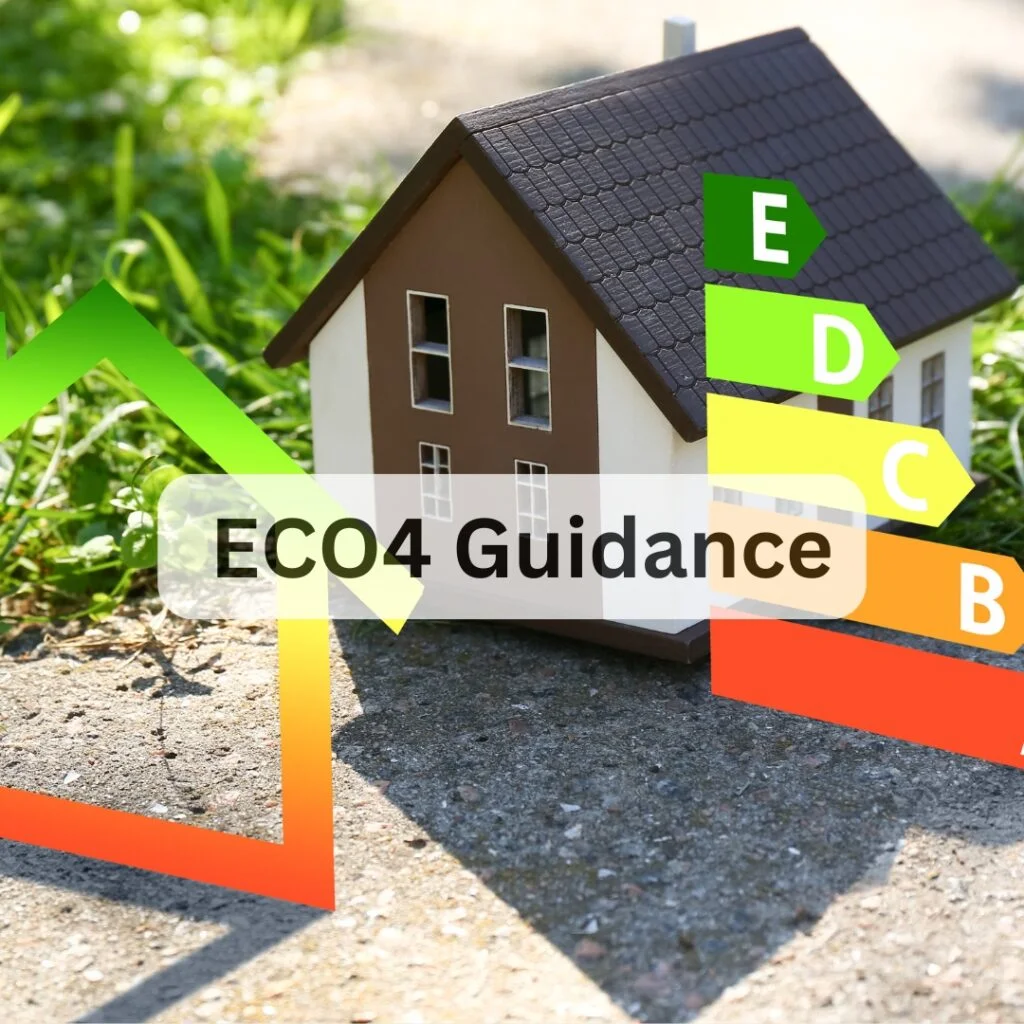
What makes this UK government initiative unique is its generous funding model—the £4 billion funding pool enables eligible households to receive between £7,000 and over £20,000 worth of improvements at no personal cost. The key heating measures supported under the ECO4 scheme include boiler upgrades, air source heat pumps with solar panels, electric storage heater upgrades with solar panels, and a wide range of insulation options such as roof, loft, and wall insulation. Every grant also comes with a compulsory ventilation assessment and installation to ensure homes remain safe and efficient. From my experience witnessing many successful upgrades, I can confirm that inefficient systems are replaced with high heat retention storage heaters or A-rated boiler installations, while outdated non-condensing boilers are swapped for modern, efficient units or first-time central heating systems complete with radiators.
The benefits go well beyond immediate savings—these heating and insulation upgrades improve comfort by removing drafts and tackling inefficient heating, resulting in a warmer, more comfortable home. At the same time, they help lower energy bills through greater efficiency and reduced heating costs. For households in inefficient homes, the grants are especially generous, covering 100% of the costs. This means you can access solar panels that convert sunlight into electricity or electric storage heater systems that charge overnight and release warmth gradually throughout the day without paying anything. These energy-efficient improvements not only reduce bills but also increase your home’s market value while safeguarding its future. .
The ECO4 Application Process: Your Step-by-Step Journey to Energy Savings
Getting started with an ECO4 grant is a simple process—the application takes less than half a minute using free grant checkers, which give instant feedback on your eligibility. From my experience assisting families, applications are usually processed within 48 hours, and in some cases immediately, before being assigned to a registered installer in your area. That installer will review your submission and may request additional details to confirm your property qualifies. Whether you go through ECO Providers or OVO Energy.These energy-efficient improvements not only reduce bills but also increase your home’s market value while safeguarding its future. By securing these upgrades, you protect yourself against rising energy prices and enjoy long-term savings, with energy suppliers required to provide the measures for vulnerable households as long as the property qualifies.
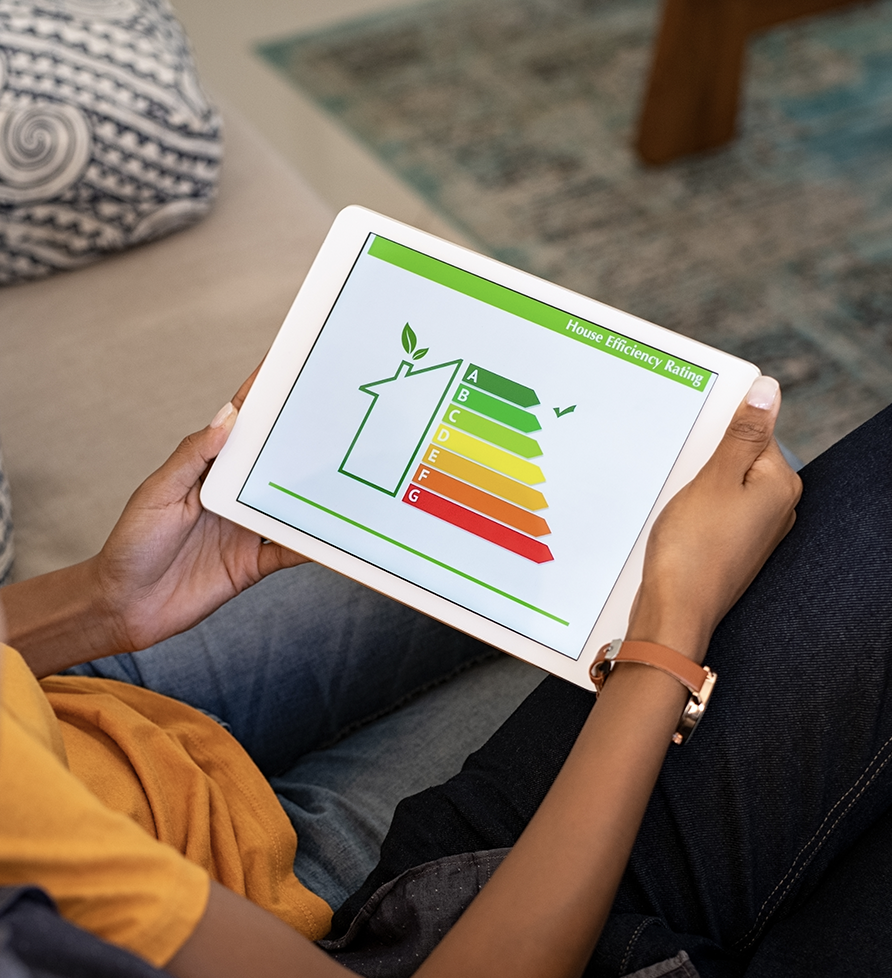
The benefits go well beyond immediate savings—these heating and insulation upgrades improve comfort by removing drafts and tackling inefficient heating, resulting in a warmer, more comfortable home. At the same time, they help lower energy bills through greater efficiency and reduced heating costs. For households in inefficient homes, the grants are especially generous, covering 100% of the costs. This means you can access solar panels that convert sunlight into electricity or electric storage heater systems that charge overnight and release warmth gradually throughout the day without paying anything.
Typical Installation Timelines for Energy Efficiency Upgrades
Timelines can vary depending on the complexity of the work, but here’s a general guide: boiler installations usually begin within about 2 weeks, while insulation projects such as loft, cavity wall, solid wall, and underfloor insulation also tend to start from 2 weeks. More advanced systems like air source heat pumps with Solar PV typically require around 4 weeks, as do electric storage heater upgrades with Solar PV, though these depend on how long it takes to secure DNO approvals. Throughout the process, you’ll work with our partner, who will liaise with an installer to review the upgrades available to you. If you’re happy to proceed, they’ll arrange the installation dates, so you can quickly start enjoying a warmer home while saving on energy bills.
Estimated ECO4 Installation Timelines by Measure
The timings vary depending on complexity, but here’s what to expect: Boiler installations typically start from 2 weeks, while insulation projects (loft, cavity wall, solid wall, and underfloor) also begin from 2 weeks. More complex systems like Heat Pump with Solar PV (air source and not usually ground source) require from 4 weeks, as do Electric Storage Heaters with Solar PV installations, depending on how long it takes for DNO approvals. It’s difficult to give exact timeframes given the varying complexity of the rules—some heating measures take longer to obtain planning and approval—but the following table is a rough guide for ECO4 grant timings from application to installation.
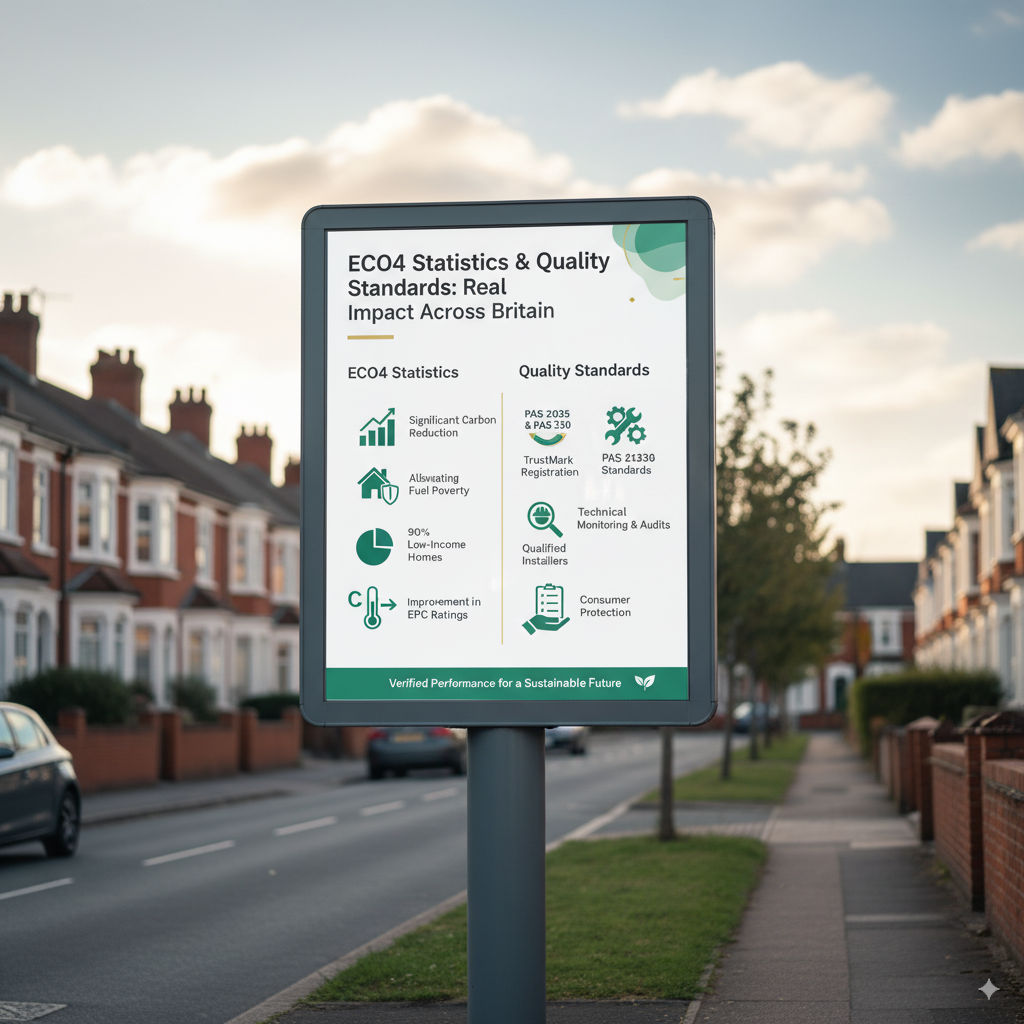
ECO4 Statistics and Quality Standards: Real Impact Across Britain
The success of ECO4 is evident in Ofgem’s data, which shows that by 4 July 2025 a total of 767,763 measures had been completed, highlighting the program’s transformative impact on British homes. From my experience in the energy efficiency sector, I’ve seen how these numbers represent real progress: 64,282 boilers have been upgraded to non-renewable heating systems, while 27,010 boilers were replaced with renewable systems—marking a major shift toward sustainable home heating. The insulation figures are just as compelling, with 24,798 homes receiving cavity wall insulation, 63,537 benefiting from solid wall insulation, and 89,985 upgraded with loft insulation. Perhaps most striking, 397,184 households now have smart heating controls that automatically optimize energy use, driving efficiency and long-term savings.
What truly sets ECO4 apart is its firm commitment to quality—every measure must be delivered by approved Trustmark installers with the necessary qualifications, ensuring improvements are completed to the highest standards and giving homeowners peace of mind about both safety and workmanship. Each project is assessed by a qualified Retrofit Assessor and overseen by a Retrofit Coordinator, while all work carried out under ECO4 funding is backed by Insurance Backed Guarantees. Energy Saving Genie reflects this standard through its network of more than 30 registered installers across the UK who have access to ECO4 grant funding. They carefully vet their partners by confirming Trustmark registration and verifying that all required certifications, guarantees, and warranties are in place, ensuring homeowners receive only the best service.
The scheme’s wide-reaching approach also extends to private landlords and tenants, who may qualify for ECO4 funding provided the property meets the required criteria and landlord consent is obtained. In some cases, landlords may need to contribute towards the cost of improvements depending on the funding available. Private landlords are eligible for mains gas first-time central heating (FTCH) and renewable technologies, but not gas boiler upgrades. This ensures that rental properties can still benefit from meaningful energy efficiency improvements. In addition, ECO4 measures can be co-funded with other grants or initiatives. While the scheme is primarily designed to cover the full cost of eligible improvements, additional support—such as local authority funding or the Great British Insulation Scheme (GBIS)—may be used to top up where ECO4 does not fully cover costs. Since its launch in 2012, more than 600,000 energy efficiency measures have been installed across the UK, with these grants available to households in England, Scotland, and Wales as part of a government-backed initiative.
Frequently Asked Questions
Find answers to commonly asked questions about our products and services.